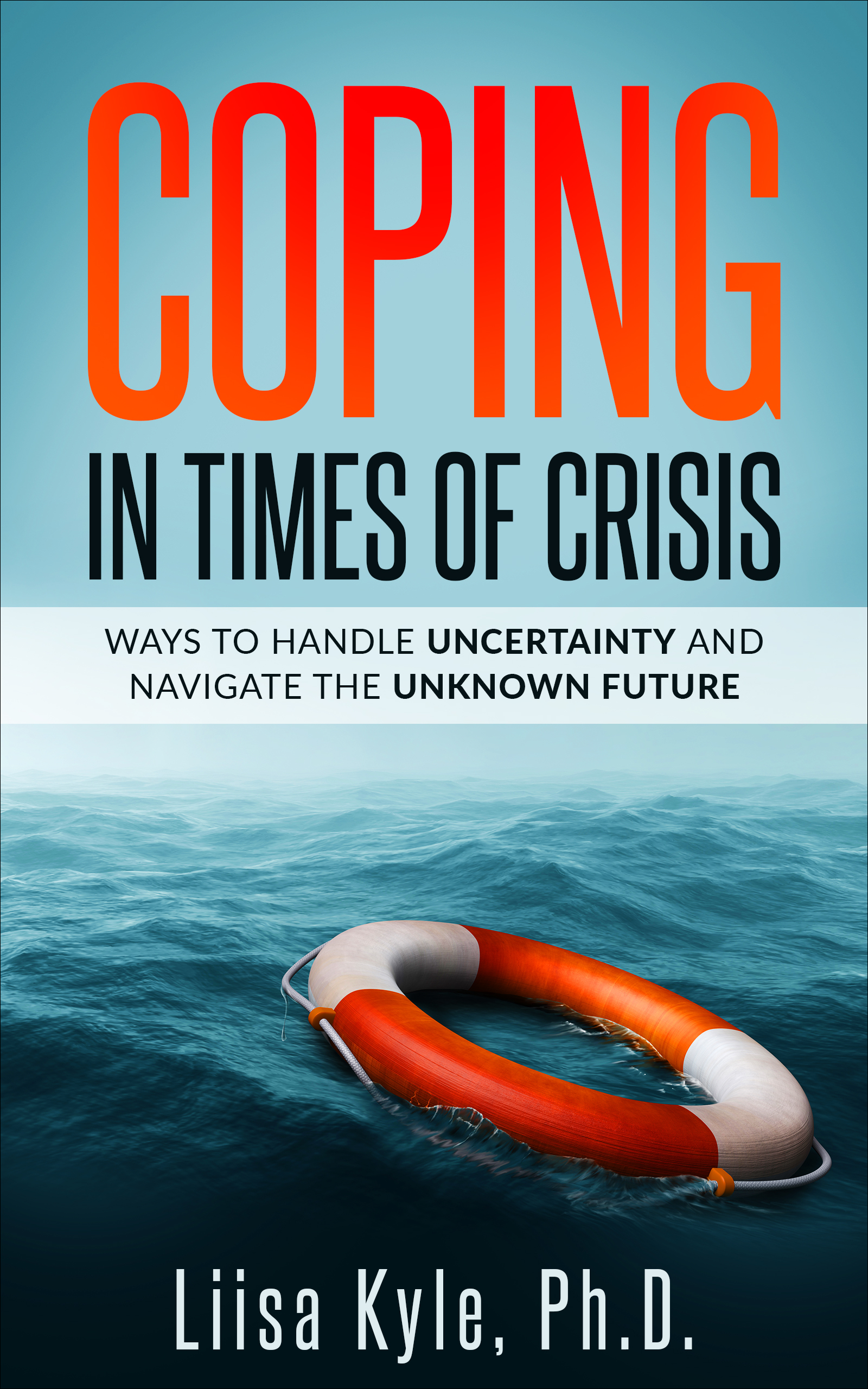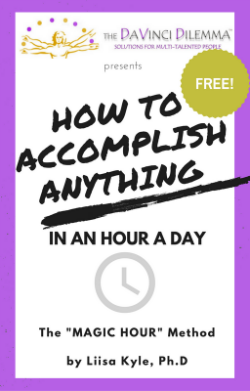
By Susan [CC BY 2.0 (https://creativecommons.org/licenses/by/2.0)], via Wikimedia Commons
Without breaking stride, I scooped up one up and headed directly to the cash, rationalizing as I went. Hey, I enjoy living in a clean and tidy house….even better when I don’t have to do the cleaning. This was a logical, labor-free way to maintain my floors…and to keep the dog dander at bay.
As it turns out, I’ve been pleased with my purchase. This appliance makes floor maintenance an easy, daily practice. It entertains my dogs as it does so. What I didn’t expect was this appliance demonstrates numerous lessons about the creative process. For example:
1. Start when you’ve got plenty of energy.
Before Roomba can work, its batteries need to be charged. Same goes for any smart, creative person. You do yourself a disservice whenever you begin a creative project or activity when you’re fatigued. Those first few hours of the morning when you are fresh and well-rested are best invested in whatever is most important to you.
2. Start before you have everything figured out.
You can plunk Roomba anywhere and push the ‘start’ button. It doesn’t know the size or shape of the room to be vacuumed but it begins anyway. It doesn’t hesitate or procrastinate or bury itself in research — it just starts working. You can too. It doesn’t matter where you start the creative process, so long as you do start.
3. Figure things out, as you go.
As Roomba cleans, it maps the room, keeping track of where it’s been and where it hasn’t. You can too. Map your creative project as you go. Keep track of what’s working well and what isn’t. Every day, identify the next few steps you can take. You don’t have to figure out every detail beforehand — it’s much easier to figure things out as you proceed.
4. Enthusiasm helps.
When Roomba starts to vacuum, it trumpets a happy song that, to me, sounds like “I’m here to clean!” This is preferable to the human equivalent in a similar situation which is apt to be a groan like “Oh, God! I have to clean. Again!” Which sounds better to you? Which is going to have the better impact on your creativity? Which is more motivating to the creative process? Strive to begin every session of your creative work with enthusiasm.
5. Focus!
Roomba does one thing at a time. It vacuums. It doesn’t clean while talking on the phone while checking its email while doing the laundry while composing an opera. You will get more done and do it better, with less stress if you avoid distractions and focus on doing only one thing at a time.
6. Ask for help when you need it.
When Roomba gets stuck in a corner, it literally asks for assistance. It emits a sad tone and a very clear message like “Please clean brushes” or “Move Roomba to a new location.” You can do the same with your creative projects. When you encounter obstacles to your creative process, enlist the help of relevant others.
7. Keep your batteries charged.
When Roomba’s batteries are depleted, it emits some ominous tones and the request, “Please charge Roomba”.
When you’re feeling your energy dip significantly, it’s important to your creativity to rest and recharge. An over-fatigued person doesn’t create much. Take good care of your body, mind, and spirit. Ideally, spend time in nature every week.
Equally vital to the creative process: you must seek creative input on a regular basis. It’s vital to your creative expression.
8. Dump your garbage. Regularly.
Roomba collects debris in a small garbage container that needs to be emptied after every use. If only we did the same. The sooner you jettison whatever garbage you’re carrying — like regrets, disappointments and perceived ‘mistakes’ — the better your creative work will be.
9. Keep going.
Assuming it has sufficient charge, Roomba keeps operating until it’s finished cleaning a room. This kind of persistence is critical to the creative process, especially on long-term projects. Especially for multi-talented people who have no shortage of things to do. The greatest challenge for us DaVincis is to keep going until a project is complete — especially that last five or ten percent. If this is a challenge for you, here’s an article for you.
10. Celebrate your success.
When Roomba completes cleaning a room, it emits a joyous tune that, to me, sounds like “And now that I am done here, I will sing my song!” To keep your creative juices flowing, its important to honor key milestones and accomplishments. If you don’t pat yourself on the back for your good work, its unreasonable to expect anyone else will do so.
***
For more tips and techniques, check out my workbook BE MORE CREATIVE: 101 Activities to Unleash and Grow Your Creativity
***
Want to re-publish this article? Go for it – just include the author’s name, a link to this original post and the following text blurb:
Are you struggling with too many talents, skills, ideas? You may have The DaVinci Dilemma™! Find tools, fun quizzes, coaching, inspiration and solutions for multi-talented people at http://www.davincidilemma.com/ .




